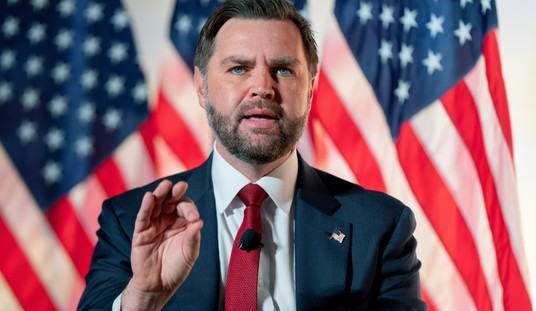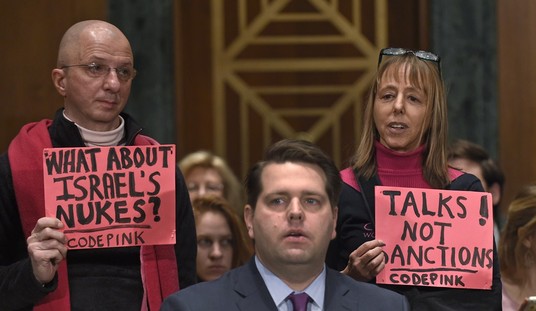Governor Scott Walker (R-Wisconsin) has possibly secured for himself a unique front-runner spot among his fellow Republican governors and rumored 2016 presidential contenders on the issue of healthcare. The expansion of Medicaid, once mandatory under ObamaCare, has now become nothing more than a mere suggestion that states can choose to either accept or reject thanks to the Supreme Court ruling on ObamaCare. It is quite likely that conservatives reviewing a field of Republican governors in the 2016 campaign will measure each governor’s commitment to repealing ObamaCare against how they acted on the voluntary expansion of Medicaid.
In that case, Walker’s handling of Medicaid puts him squarely in the lead among his peer governors.
The expansion of Medicaid is fraught with financial peril for individual states, experts warn. Although the federal government insists it will pay for the expansion, federal subsidies financing the expansion are quickly reduced over time, leaving cash-strapped states to ultimately add even more money to their Medicaid budgets.
Republican governors like Chris Christie of New Jersey, Rick Snyder of Michigan, John Kasich of Ohio, Rick Scott of Florida and a couple of others have opted to call for an expansion of Medicaid in their respective states. Governor Rick Perry of Texas has, in keeping with his typically conservative approach, expressed opposition to a Medicaid expansion there. But right now Perry is noticeably absent from the Medicaid debate as some Texas state lawmakers push to accept the federal funds anyway.
In Wisconsin, Walker is embracing a third way that by all appearances might be the most politically sophisticated and thoughtfully conservative approach to the problem.
Walker rejected the ObamaCare expansion of Medicaid citing the folly of addicting the state to federal funds that would be drawn down over time. Liberals argued that a Medicaid expansion would save Wisconsin taxpayers $95 million, but a study by the left-leaning Kaiser Family Foundation put the cost for Wisconsin at $725 million over 9 years.
Simultaneously, Walker announced a sweeping overhaul of BadgerCare, Wisconsin’s existing medical assistance program. The reform would focus on taking people over 100% of the federal poverty level out of the program and using the newly freed-up money to cover more people below the federal poverty line. A cap on enrollees has prevented some below the federal poverty limit from entering the program. BadgerCare enrollees who are not at or below the federal poverty limit will be placed on the federal ObamaCare exchange, where they will be eligible to receive federally subsidized health insurance plans.
The genius of this, from a conservative perspective, is that while expanding coverage to the most needy, Walker is forcing the federal government to pay for what it promised to pay for: health insurance subsidies in a federal exchange.
Of course, ObamaCare is a taxpayer expense even if it doesn’t come through state taxes. But by forcing ObamaCare to do what it promised to do, Walker is refusing to bailout the federal government on what increasingly looks like a promise they may not be able to keep. In their rush to pass health care reform, Democrats and liberals did not fully consider the cost or consequences of the reform. Forcing ObamaCare to pay for what it says it will pay for places tremendous financial pressure on the federal government.
All this means that while Walker is rejecting federal money, safeguarding Wisconsin’s state budget and expanding care to the most needy, he is forcing a debate at the federal level about the true costs of ObamaCare.
Republican governors serious about healthcare reform, serious about opposing ObamaCare, and serious about forcing an adult discussion about the true costs of ObamaCare would do well to follow in Walker’s footsteps. If nothing else, those thinking about a 2016 campaign need to shore up their healthcare credentials.
Already, Governor Scott Walker, if he should choose to run, is ahead of his competition when it comes to health care reform and the repeal of ObamaCare.












Join the conversation as a VIP Member